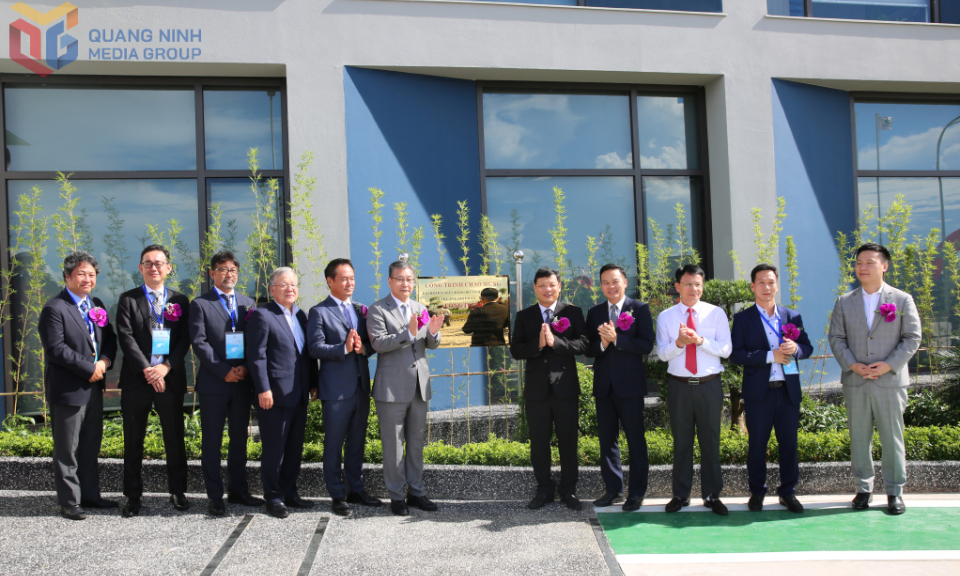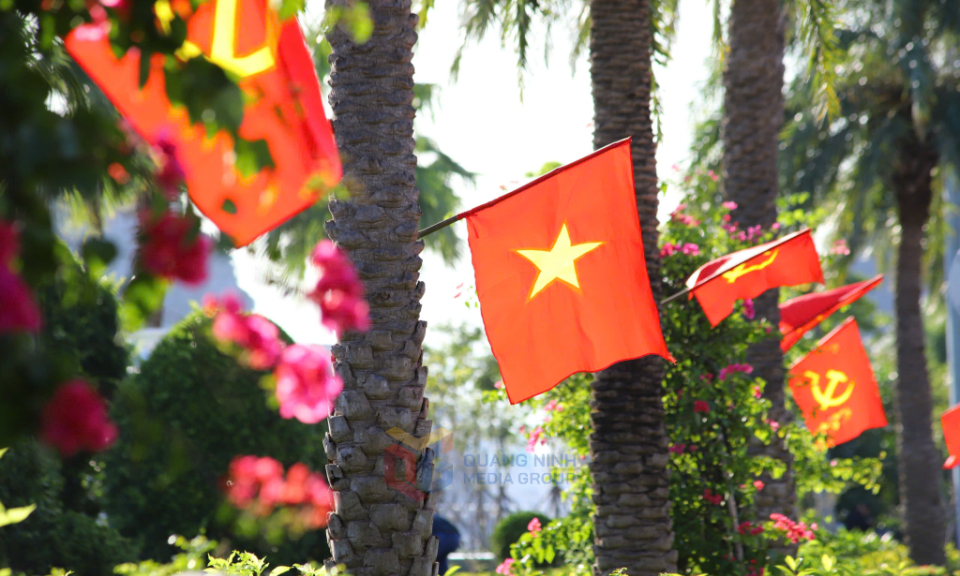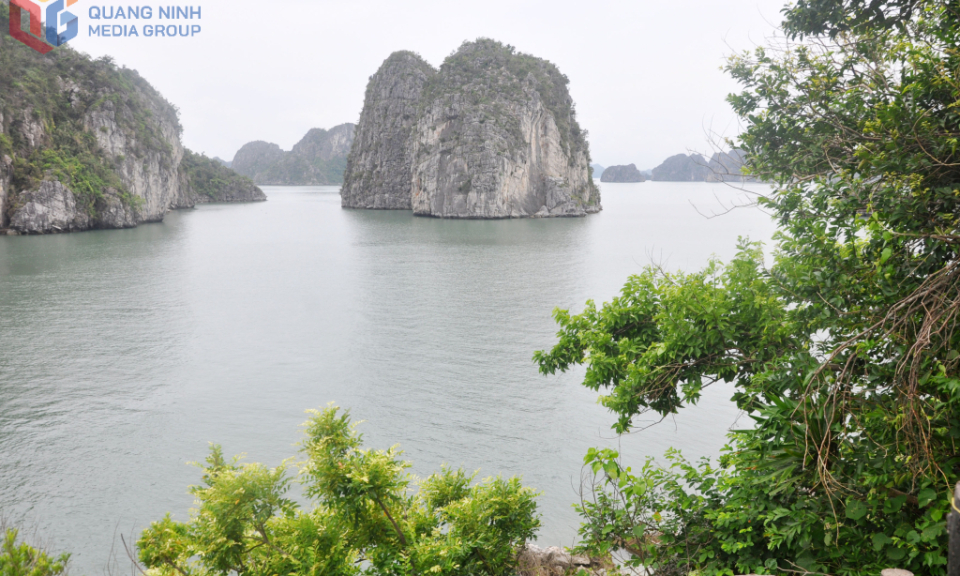Completing mechanisms and policies for management of industrial clusters
On August 19, 2009, the Prime Minister issued Decision No.105/2009/QD-TTg, on regulations related to the management of industrial clusters. Accordingly, the concept as well as regulations on industrial cluster management have been unified nationwide, creating a legal framework for industrial cluster management from the central to local levels.
However, during the process of implementing this decision, many shortcomings have been revealed, such as no regulations on mechanisms and policies to support the development of industrial clusters; untight criteria and conditions for planning, establishment and expansion of industrial clusters; the assignment of specific responsibilities to the units in guiding, directing and organising the implementation not meeting the requirements of industrial cluster management; and no mechanism to report the situation of industrial clusters, leading to difficulties in management and statistics.
To overcome the above limitations, as well as improve the legal effect of Decision No.105/2009/QD-TTg, on May 25, 2017, the Government issued Decree No.68/2017/ND-CP on management and development of industrial clusters, mainly focusing on several issues including the regulation scope, the definition of industrial clusters, the sectors and industries receiving the encouragement of investment and relocation to industrial clusters, preferential policies to support the development of industrial clusters, regulations on state management of industrial clusters and assignment of responsibilities and powers of ministries and branches, provincial-level People's Committees, Departments of Industry and Trade and district-level People's Committees, etc. After the National Assembly promulgated the Law on Planning, the Government continued to issue Decree No.66/2020/ND-CP, amending and supplementing several articles of Decree No.68/2017/ND-CP.
The two decrees mentioned above have created an important legal corridor to correct the previous situation of spontaneous industrial cluster development, attracting infrastructure investors and secondary investment into industrial clusters. The management, investment and development of industrial clusters have generally been strictly implemented, ensuring order and regulations.
The Ministry of Industry and Trade is developing a new draft decree on the management and development of industrial clusters, which focuses on shortening administrative procedures, especially related to investment policies.
Many localities have reviewed, formulated, promulgated and organized the implementation of management regulations, development planning and policies to support industrial clusters in the area. The planning and development of industrial clusters have facilitated access to land policies, meeting the needs of production premises for small and medium enterprises, cooperatives, and household production facilities.
However, the progress of investment and completion of the infrastructure of industrial clusters in localities is slow, depending on the budget. It is difficult to attract enterprises to invest in the infrastructure of industrial clusters in many localities, especially mountainous and remote areas; meanwhile, the problem of environmental pollution has not been significantly improved. Therefore, according to experts, it is necessary to continue to review and perfect mechanisms and policies for the management and development of industrial clusters, to overcome the shortcomings and limitations towards meeting the requirements of the practice in the management and development of industrial clusters, in the near future.
Many opinions believe that for localities with a high percentage of land occupied by industrial clusters, there should be a mechanism to expand the area and allow the linkages of industrial clusters, as well as study the conditions for the expansion of industrial clusters and increase the total unleased land fund to 100 hectares instead of 50 hectares as at present, to provide the localities with industrial clusters that can meet development needs. In addition, it is crucial to give more delegation and decentralisation of local authority in the implementation of industrial cluster development.
It is hoped that the promulgation of this new decree will continue to promote the advantages of the two Decrees No.66/2020/ND-CP and No.68/2017/ND-CP, as well as remove limitations and create more favourable conditions for the management agencies and investors having projects in industrial clusters in the near future.






